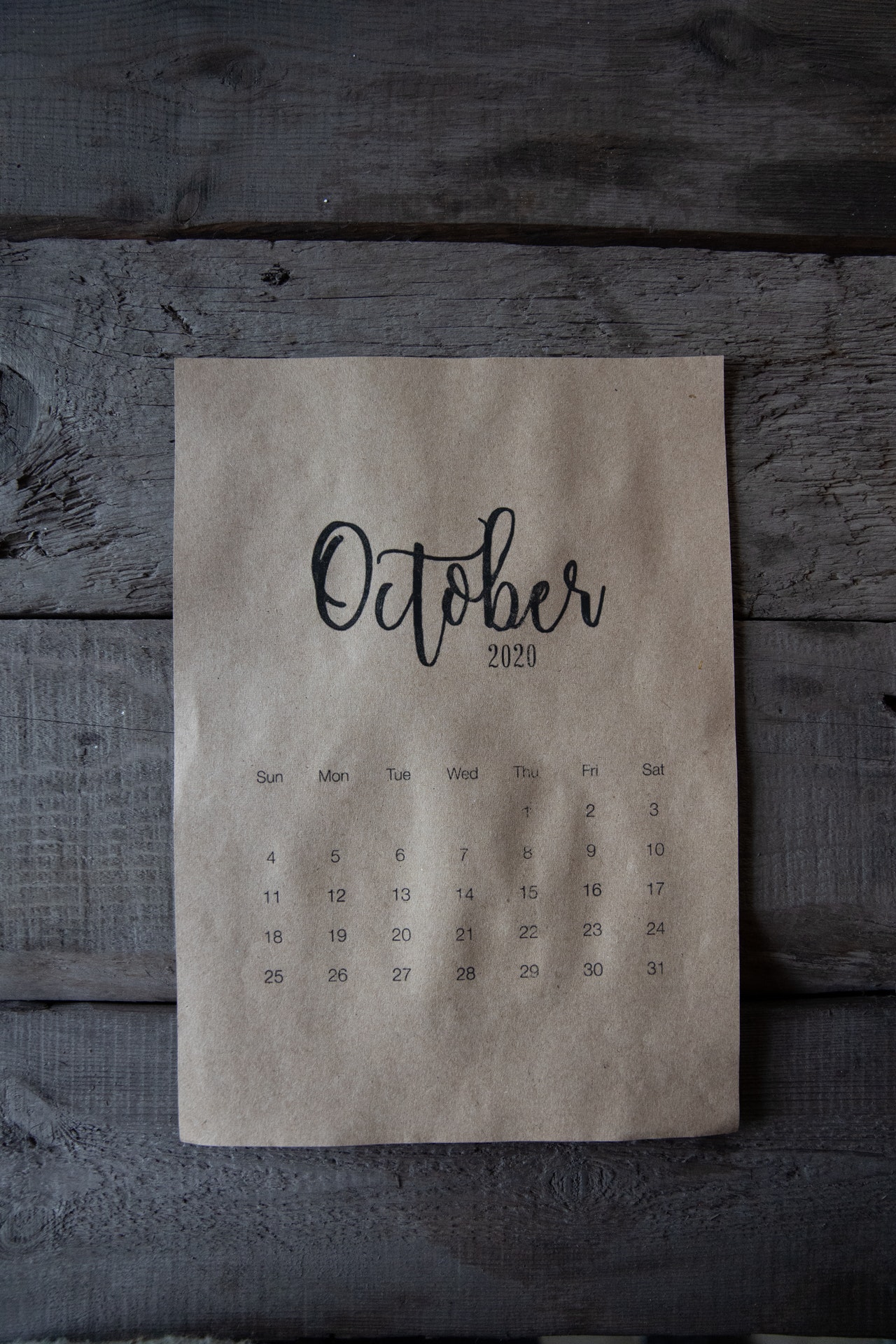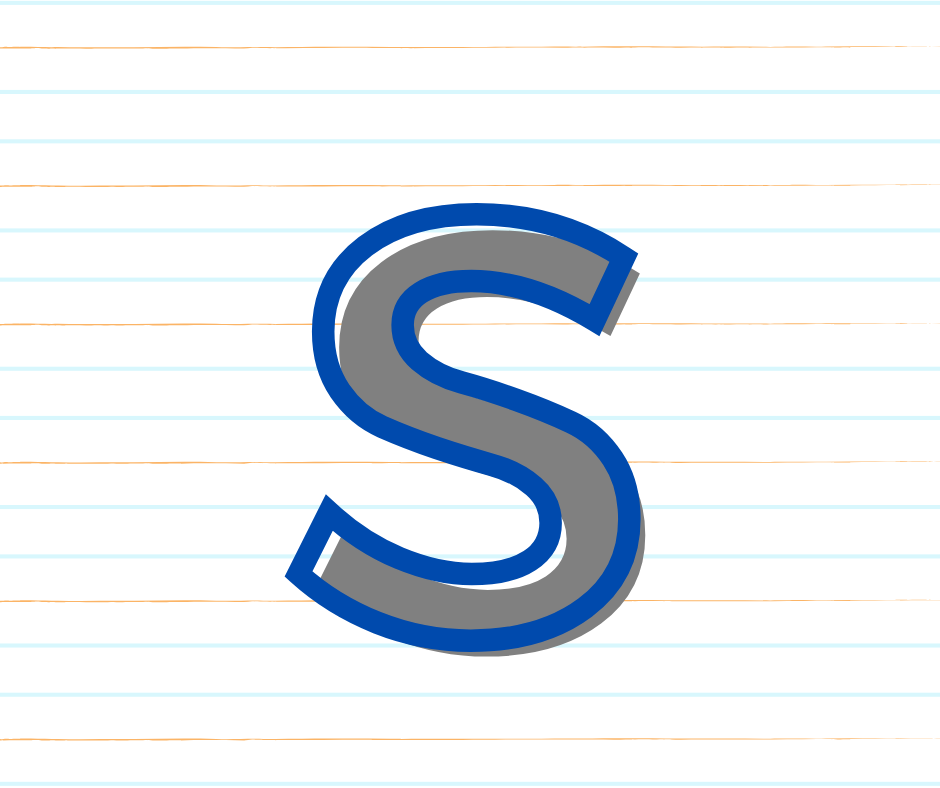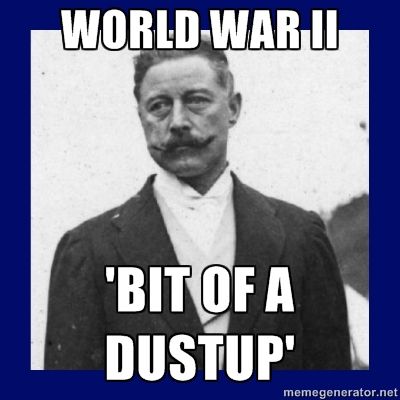Word Nerd: 5 Fantastic Words to Fluff Up Your Vocabulary in February
3 Feb
F-words are one of the most common in the English language. According to Mental Floss, words beginning with an ‘f’ make up approximately 2.5% of any page written in English.
So, since we’re in February, the only month that starts with the alphabet, we figured it’s the right time to curate a fun list. So, here are 5 words that start with an ‘f’.
1. Fanfaronade: Although it sounds like a word out of Willy Wonka’s chocolate factory – fanfaronade is a trumped-up way of saying fanfare. It also means arrogant talk. Perhaps a nice way to describe most political speeches today.
2. Flamfoo (also flamfew): An archaic Scottish word for a person (usually a woman), who dresses up gaudily and thinks it fashionable. So that means half the internet these days. We kid!
3. Foister: A foister is a pickpocket or a cheat. This word is archaic. But we see no reason to let it wander in the halls of a dead past. How about we bring it back – like another version of Great Expectations? We’re interested in seeing how you use it.
4. Futz: This is North American slang for wasting time, idling around. In other words, futzing is what we do when we have a deadline approaching.
5. Floccinaucinihilipilification: Like antidisestablishmentarianism and supercalifragilisticexpialidocious, this word is on the list of extremely long words that are rarely used. But for the sake of a challenge – why don’t we all just try?
It means – the action or habit of estimating something as worthless.
So, how did our list of f-words make you feel? Furious, fretful, flabbergasted?
Tell us in the comments.










